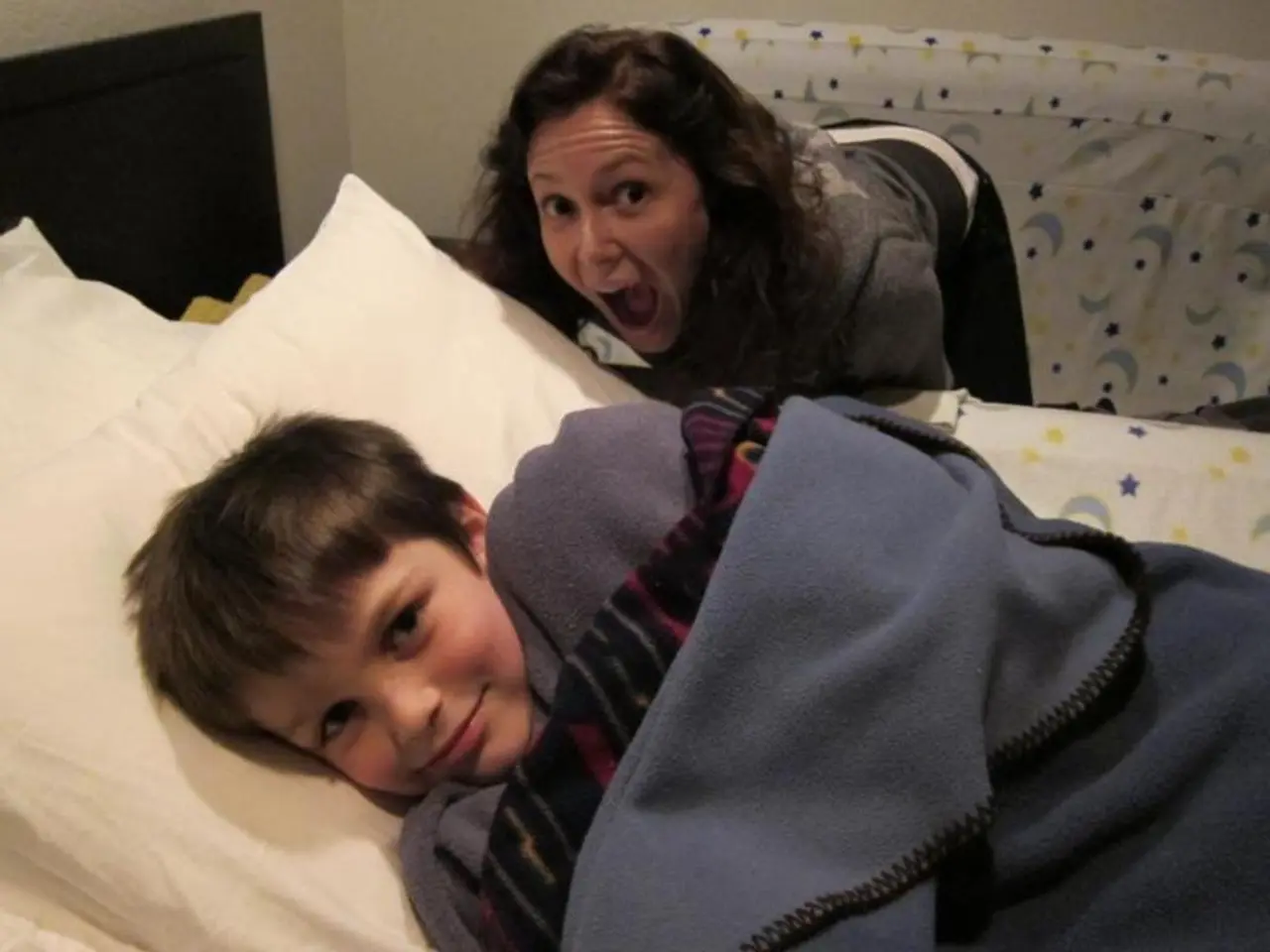How better sleep routines transform family health and well-being
Many families struggle with poor sleep, yet quality rest is vital for health. Children and teens with irregular sleep patterns face higher risks of mental health issues, including depression and anxiety. Meanwhile, around 70% of adults and half of young people in the U.S. fail to get enough sleep due to inconsistent routines.
A structured sleep routine begins with a calming environment. Removing electronic devices before bed reduces blue light exposure, which disrupts natural sleep signals. Keeping the bedroom between 15-19°C also helps the body prepare for rest.
Better sleep habits lead to improved mental and physical well-being across all ages. Families who prioritise routines, reduce stress, and create a restful space see the greatest benefits. Over time, these adjustments help children, teens, and adults achieve the recommended hours of sleep.







